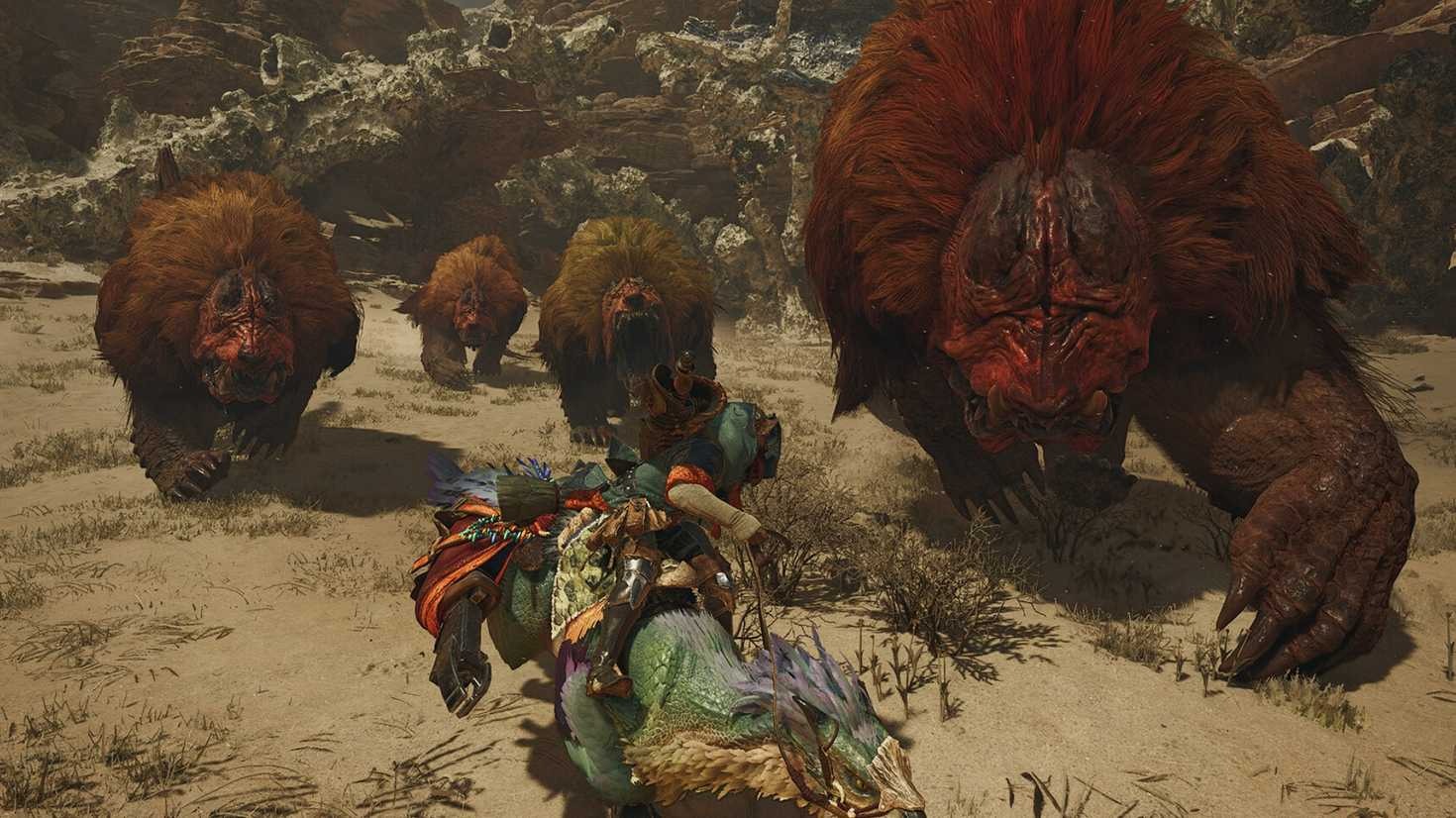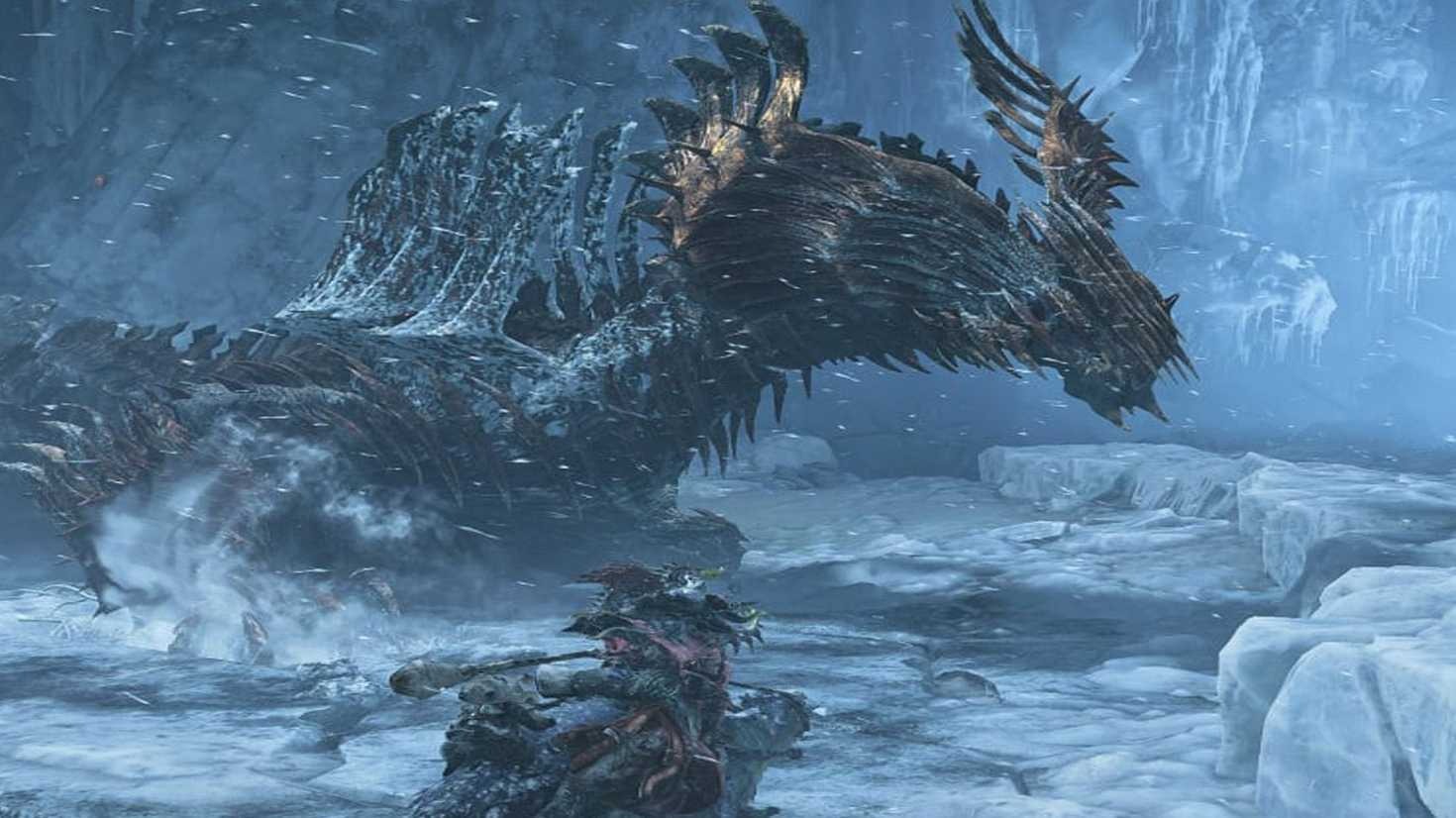
The gaming world is reeling. A title once heralded as one of 2025’s biggest releases, a game that promised to redefine its genre and captivate millions, has instead crashed and burned on Steam, earning the dreaded “Overwhelmingly Negative” review status. This isn’t just a minor blip; it’s a catastrophic failure, a cautionary tale for both developers and eager gamers alike. What went wrong? And what does this mean for the future of AAA game development?
The game in question, Monster Hunter Wilds, a highly anticipated addition to Capcom’s venerable franchise, launched to initial critical acclaim. OpenCritic and Metacritic scores were impressive, with critics praising its combat, gameplay loop, and the ambitious open-world concept. However, the honeymoon phase was brutally short-lived. In a shocking turn of events, Monster Hunter Wilds has accumulated over 8,300 “Overwhelmingly Negative” recent reviews on Steam, dragging its overall rating down to “Mixed.”
The Digital Demolition: A Deep Dive into Player Grievances
So, what exactly is fueling this inferno of negative feedback? The core of the issue, as echoed by countless frustrated players, boils down to a few critical, and frankly, unforgivable, missteps.
PC Performance: A Laggy, Stuttering Nightmare
The most prominent and damning criticism centers on the game’s abysmal PC optimization. Players, even those with high-end gaming rigs, report constant performance issues, frame rate drops, and egregious stuttering that renders the game almost unplayable. The irony is bitter: a game designed for expansive exploration and fluid combat is hobbled by its technical foundation. Many reviews highlight that performance has actually worsened with recent updates, a baffling regression that has only intensified player outrage. This isn’t just about a few minor bugs; it’s a fundamental failure to deliver a stable and enjoyable experience on a major platform. The frustration is palpable, with some reviewers bluntly stating, “This game does not run and avoid at all cost folks.” This directly impacts user experience and is a critical factor for player retention and game sales.
Content Woes: Barren Wilds and Missing Monsters
Beyond the technical issues, players are also vocal about the perceived lack of content. Despite the promise of a vast open world, many feel it’s largely empty and lacks meaningful engagement. The open-world elements, once a source of excitement, are now seen as a superficial addition that doesn’t enhance the core Monster Hunter gameplay. More alarmingly, there’s a strong sentiment that the monster count is significantly lower than in previous installments. Datamines from near launch revealed assets for monsters that were subsequently drip-fed through post-launch updates, leading to accusations of content being held back or artificially stretched. This practice, often termed “content gating” or “DLC strategy”, has severely backfired, making the initial purchase feel incomplete and underwhelming. Gamers expect a rich and robust experience from a full-priced AAA title, not a piecemeal offering. This directly affects customer satisfaction and the perception of value for money.

Microtransactions and UI: A Pervasive Nuisance
The problems don’t stop there. Monster Hunter Wilds has also faced significant scrutiny for its microtransactions and a lackluster user interface (UI). While many modern games include cosmetic microtransactions, the line between acceptable monetization and predatory practices is often blurry. In this case, players feel the monetization attempts are intrusive or disproportionate, further compounding the feeling of an incomplete experience. Coupled with a UI that many find unintuitive and clunky, these smaller annoyances add up, chipping away at the overall enjoyment and contributing to the “Overwhelmingly Negative” sentiment. This highlights the importance of transparent monetization strategies and user-centric design in modern game development.
The Broader Implications: A Warning for the Industry
The spectacular fall of Monster Hunter Wilds is more than just a single game’s misfortune; it’s a stark warning for the entire video game industry.
Firstly, it underscores the critical importance of PC port quality. In an era where cross-platform releases are the norm, neglecting the PC platform is a recipe for disaster. PC gamers are often the most vocal and technically astute, and their collective voice on platforms like Steam can significantly impact a game’s reputation and long-term viability. Developers must prioritize robust optimization and thorough testing across all intended platforms, especially for titles with high graphical fidelity and complex systems. This is an essential aspect of quality assurance and game development best practices.
Secondly, the backlash against perceived content deficiencies and aggressive monetization speaks volumes about player expectations. Gamers are becoming increasingly savvy and less tolerant of titles that feel rushed, incomplete, or designed primarily to extract additional funds. The “live service” model, while profitable for some, can alienate players if not executed with integrity and a focus on providing consistent, meaningful updates. This directly impacts brand loyalty and consumer trust. Developers need to strike a delicate balance between a viable business model and providing a genuinely satisfying product.
Finally, the speed and intensity of the negative reviews highlight the power of community feedback in the digital age. Steam’s review system, for all its flaws, provides an immediate and unfiltered platform for players to voice their opinions. A game can go from a critical darling to a community pariah in a matter of days if it fails to meet expectations. This necessitates a proactive and responsive approach from developers to address player concerns and communicate effectively. Ignoring or dismissing negative feedback can quickly escalate a crisis and permanently damage a game’s reputation. This emphasizes the importance of community management and public relations in the gaming sphere.
Can Monster Hunter Wilds Recover?
Capcom is certainly feeling the heat. With Title Update 2 expected by the end of June, all eyes are on the developer to see if they can turn the tide. Many hope for crucial fixes and changes, particularly regarding PC performance and content additions. The Monster Hunter franchise has a passionate fanbase, and their loyalty, while tested, might still be salvaged if Capcom delivers substantial improvements.
However, the road to recovery will be arduous. Regaining an “Overwhelmingly Negative” rating is an uphill battle, often requiring sustained effort and a significant overhaul. The damage to the game’s initial perception and brand image is undeniable. It’s a testament to how quickly a highly anticipated release can fall from grace when fundamental player expectations are not met.
The gaming community will be watching closely. The fate of Monster Hunter Wilds serves as a stark reminder that in the volatile world of digital entertainment, consumer trust, technical excellence, and transparent development practices are paramount. Without them, even the biggest games can quickly become cautionary tales of unmet potential and overwhelming disappointment.
Keywords for SEO Optimization: Monster Hunter Wilds, Steam reviews, overwhelmingly negative, PC performance, game optimization, content issues, microtransactions, game development, AAA games, Capcom, gaming industry, player feedback, customer satisfaction, brand reputation, live service games, video game news, critical acclaim, consumer trust, game sales, user experience, quality assurance, community management, digital entertainment.